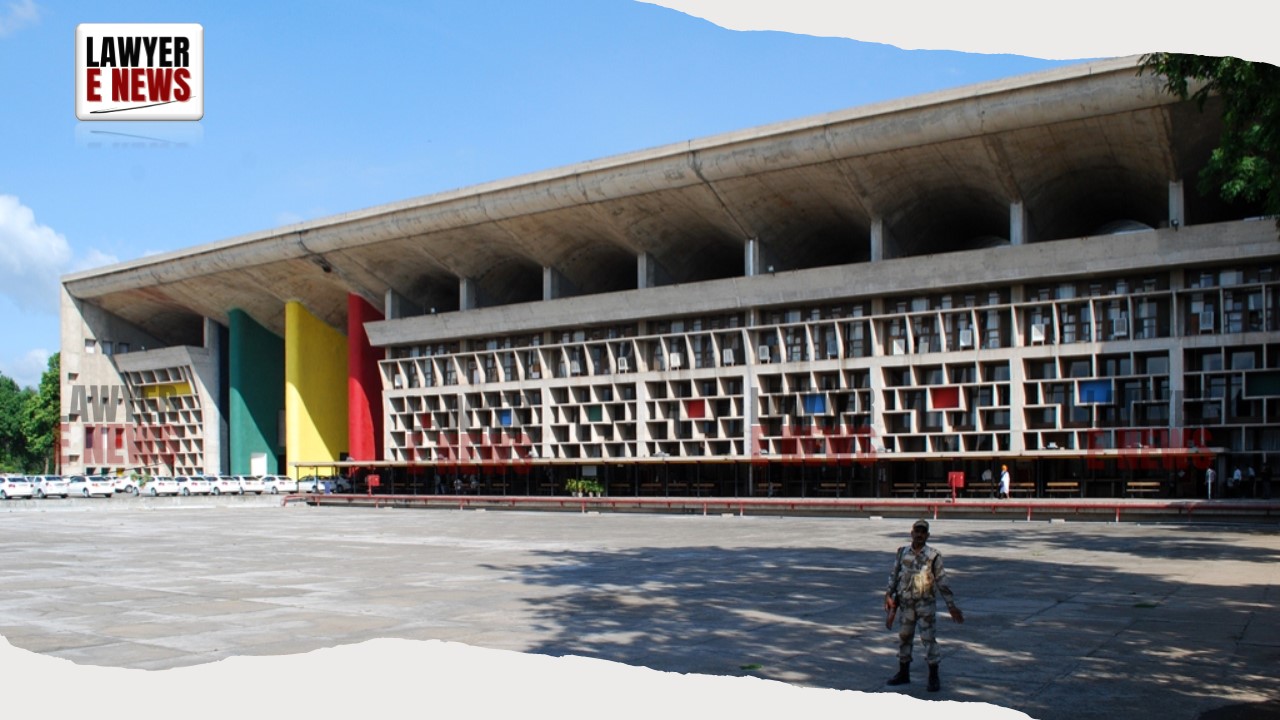-
by Admin
15 February 2026 5:35 AM



Punjab & Haryana High Court quashed an order denying the petitioner, a clerk, the benefit of the 2nd Assured Career Progression (ACP) scheme after his service transfer between Sessions Divisions. The court held that the petitioner’s past service must be counted towards his eligibility for the ACP benefit, rejecting the application of retrospective rules that were introduced after the petitioner’s transfer.
Munish Gautam, the petitioner, was appointed as a clerk on October 13, 2009, and served in the Sessions Division of Mansa. On November 1, 2014, following a transfer to the Patiala Sessions Division, he continued in the same cadre but was placed at the bottom of the seniority list. In 2013, the petitioner was granted the benefit of the 1st ACP, but when he became eligible for the 2nd ACP after nine years of service, the District and Sessions Judge, Patiala, denied the benefit, citing a rule under the Punjab Civil Services Rules that restricted counting past service after a transfer.
The petitioner challenged this denial, arguing that his past service in the Mansa Sessions Division should be counted towards his eligibility for the 2nd ACP, as was done for similarly situated employees.
Whether the petitioner’s past service before his transfer should be counted for the purpose of granting the 2nd ACP.
Whether the rule restricting this benefit, introduced after the petitioner’s transfer, could be applied retrospectively.
Whether the petitioner was discriminated against, as other similarly situated employees were granted the benefit of the ACP scheme.
Court’s Observations:
Justice Mahabir Singh Sindhu, delivering the judgment, examined the provisions of Rule 4.8(b) of the Punjab Civil Services Rules, Volume 1, Part 1, which was introduced in December 2015. This rule restricts the counting of past service for ACP benefits in the case of transfers between Sessions Divisions. However, the petitioner had been transferred in 2014, before this rule was introduced.
The court held that the rule introduced in December 2015 could not be applied retrospectively to deny the petitioner the benefit of his past service. The court noted:
"The petitioner joined the Sessions Division, Patiala, much prior to the introduction of Rule 4.8(b). In such a scenario, the petitioner is entitled to the grant of the 2nd ACP by counting his past service, and the rule cannot have retrospective effect" [Para 7.2].
The court referred to the Supreme Court’s decision in State of Haryana v. Deepak Sood (2008), which held that an employee’s past service must be counted for the purpose of ACP benefits, even if it is not counted for seniority. The court cited this precedent, stating:
"When the benefit of past service rendered in the parent department was given for fixation of pay and pensionary benefits, there is no reason why the past service should not be counted for the grant of ACP grade" [Para 7.3].
The court also found that similarly situated employees who were transferred to the Patiala Sessions Division had been granted the benefit of the ACP scheme. The petitioner, however, was denied the same benefit without any reasonable justification. The court criticized this discriminatory treatment, observing:
"It appears ex facie to be a classic case of pick-and-choose policy adopted by respondent Nos. 2 & 3, denying the lawful benefit of the 2nd ACP to the petitioner while granting the benefit to other similarly situated employees" [Para 7.6].
The Punjab & Haryana High Court allowed the writ petition, quashing the order denying the petitioner the 2nd ACP. The court held that the petitioner was entitled to the benefit of his past service for the purpose of the ACP scheme and directed the respondents to pay the petitioner costs of ₹10,000 for the arbitrary denial.
"The impugned order dated 09.01.2020 is set aside with costs of ₹10,000 to be paid to the petitioner by respondent Nos. 2 & 3 within three months" [Para 8.3].
This judgment reaffirms the principle that past service must be counted for the purpose of career progression benefits, such as the ACP scheme, even after an employee's transfer between departments. The court's decision protects employees from the retrospective application of restrictive rules and ensures equal treatment for similarly situated employees.
Date of Decision: September 23, 2024
Munish Gautam v. State of Punjab & Others
